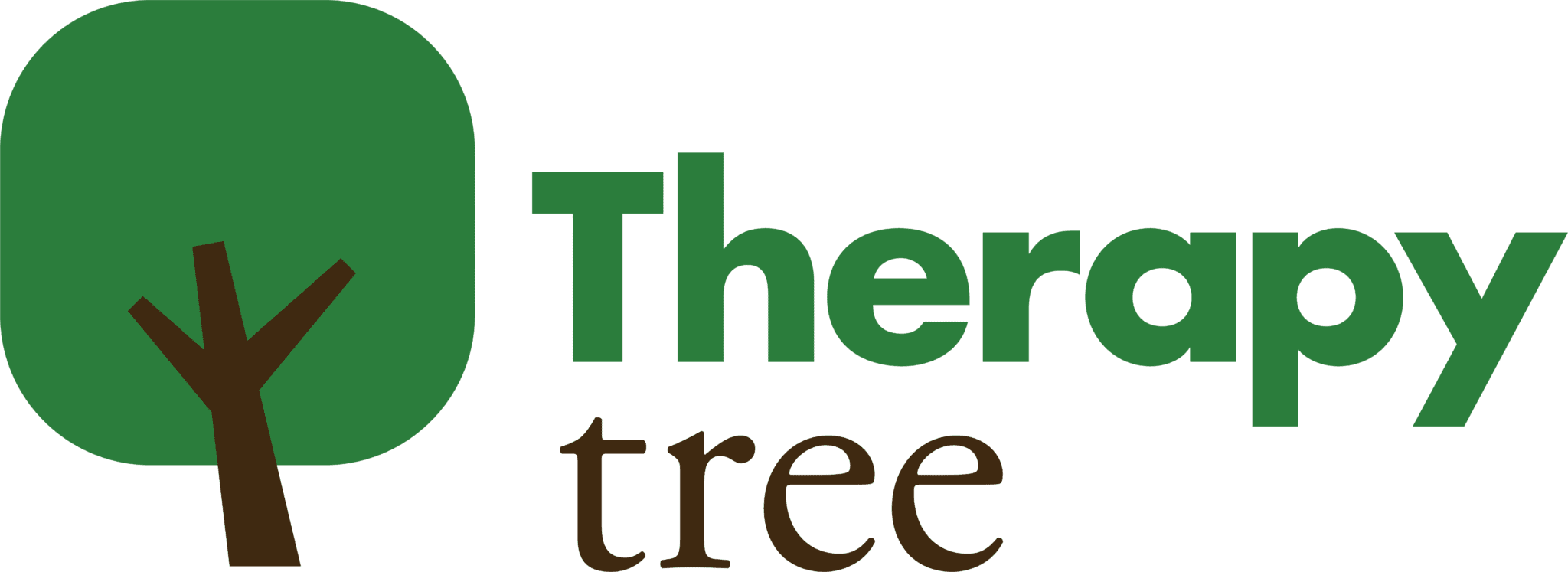Are they a late talker or something more? We’re here to help you spot the signs of Verbal Apraxia in your child.

For many parents who have a child working on their speech development, it can be a challenge to distinguish whether or not their child is simply a late talker or if they have verbal apraxia. It can further complicate things when parents read so many different terms and information online to try and learn and determine how best to identify signs their child may be exhibiting.
At Therapy Tree, we think a great place to start is learning the difference between being a late talker and verbal apraxia. Here’s how to spot the signs and help your child.
What Does It Mean to Be a Late Talker?
Typically, a late talker is a toddler between 18-30 months old. They have a solid understanding of language and are continuously developing play, motor, thinking and social skills but they have a limited spoken vocabulary for their age.
As they continue to grow and develop their skills, their speech will gradually improve and their vocabulary increases. The reasons behind why one child may be a late talker are continuously being explored and have yet to be fully agreed upon by experts.

How is Verbal Apraxia Different?
Spotting the Signs
- Your child has significant inconsistency in their pronunciation. They may pronounce the same word several different ways.
- Your child mixes up consonants within a word.
- The longer your child speaks, they become more and more intelligible.
- Your child will add vowel sounds to the end of words that end in a consonant (example: Up-pa).
- Your child may not be able to change their pitch during speech production.
For a comprehensive list of signs of Verbal Apraxia, please visit this article from the CHERAB Foundation.


How You Can Help Your Child
If your child does have Verbal Apraxia, the best route for help is a specific path of intensive and frequent speech therapy with a qualified professional. This will typically include a focus on imitation skills, emphasizing movement sequences at a syllable level and repetitive practice for habituation of motor learning among several other methods.
If you feel your child may have Verbal Apraxia and would benefit from an evaluation and therapy, Therapy Tree is here for you. Please call us today to speak with one of our friendly team members.
